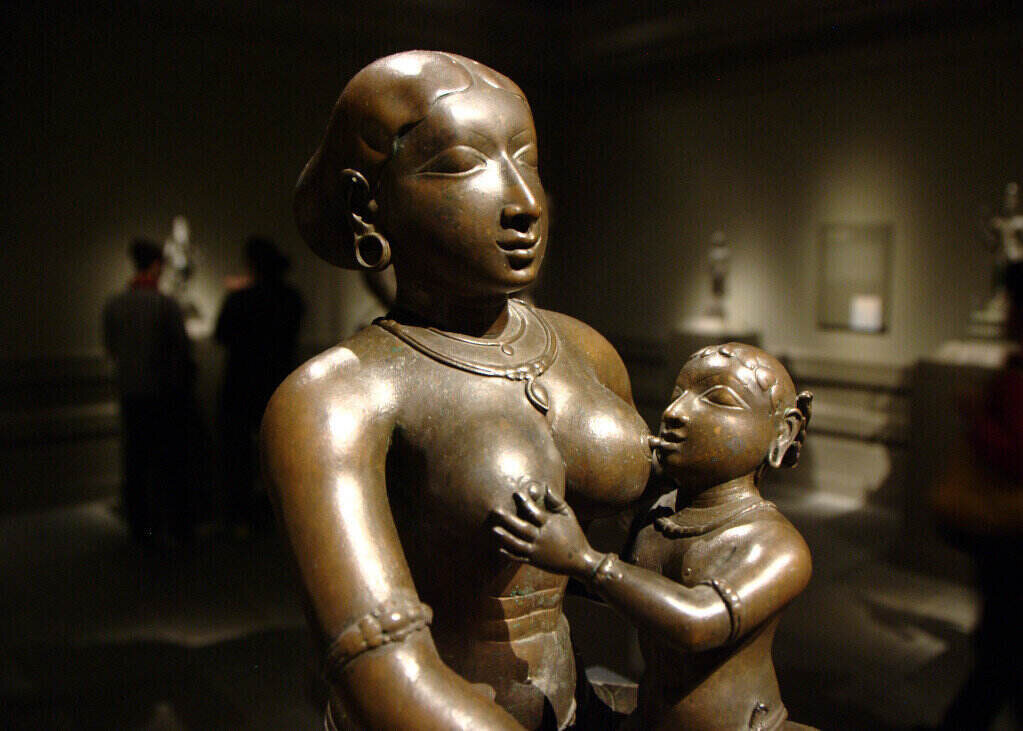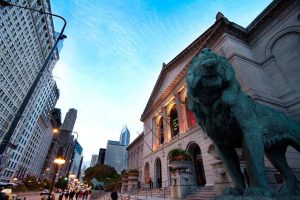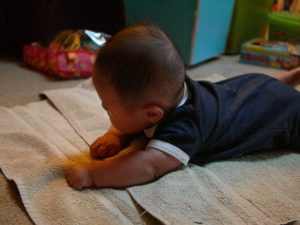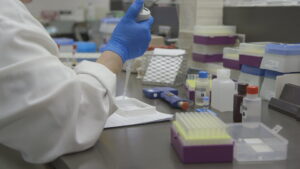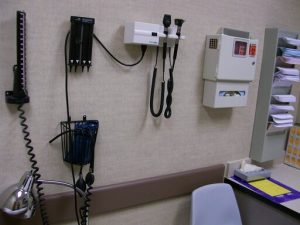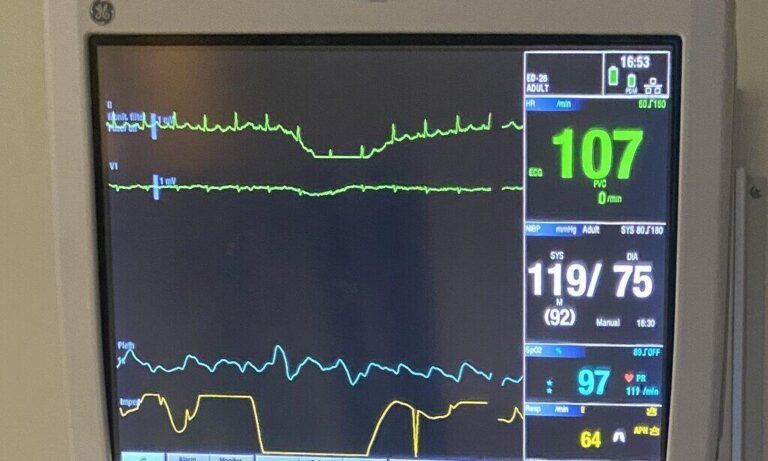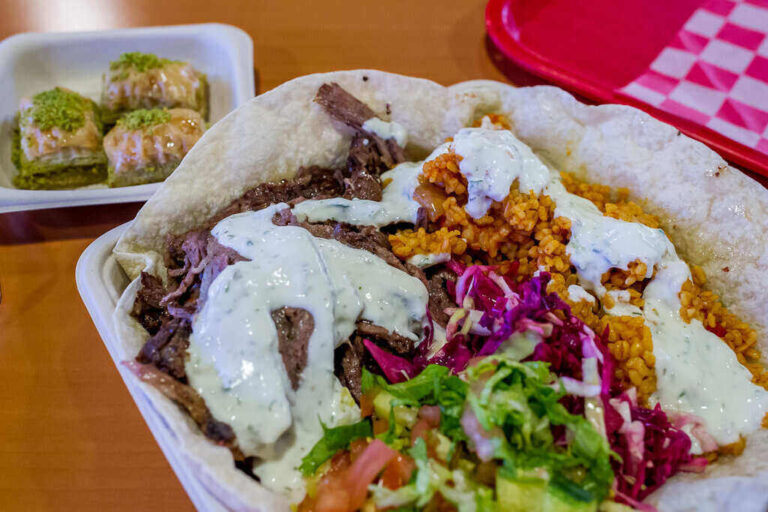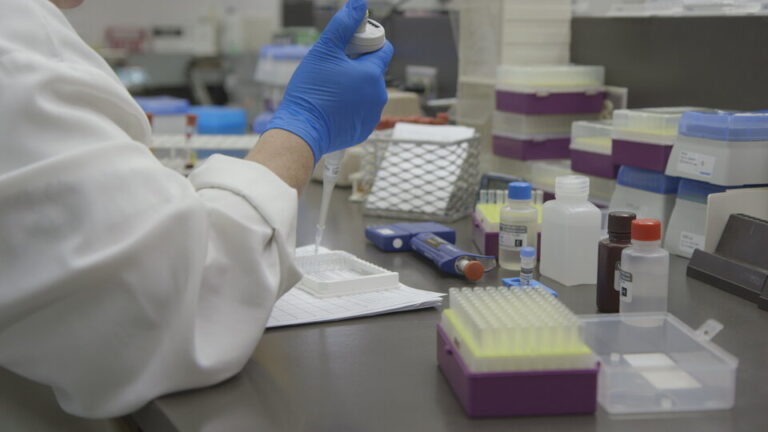Researchers from the University of Florida conducted a study providing more evidence that babies receive COVID antibodies through the breast milk of those vaccinated. This means there is a way to help protect infants too young to receive the vaccine.
The recent finding confirms findings that were in 2021 which showed that the breast milk of vaccinated people contained antibodies against the virus that causes COVID-19.
COVID-19 Antibodies Study
The University of Florida researchers published their findings in the Journal of Perinatology. The scientists analyzed the stool of infants that consumed breast milk from the vaccinated subjects. In the samples, they found SARS-CoV-2 antibodies.
Senior author of the study and associate professor in the UF/IFAS department of microbiology and cell science, Joseph Larkin III, stated:
Our first study showed there were SARS-CoV-2 antibodies in the breast milk, but we couldn’t say if those antibodies were getting through the babies’ gastrointestinal tract and possibly providing protection there.
By using a technique called neutralization assay, researchers were able to show the antibodies in the babies’ stool offered protection against coronavirus. Then the researchers introduced a SARS-CoV-2 pseudovirus, which acted like the real virus that causes COVID. However, the pseudovirus is safer to use in the lab. The pseudovirus itself is fluorescent. When it binds to a cell the cell lights up.
The Discovery
The scientists discovered “that when the antibodies were present” in the stool “there were fewer fluorescent cells” than in the control samples which had no antibodies. Lauren Stafford, one of the study’s first authors added, “We saw that when the antibodies were present, there were fewer fluorescent cells compared to our controls where no antibodies were present.” She is also a UF/IFAS College of Agricultural and Life Sciences doctoral student in Larkin’s lab.
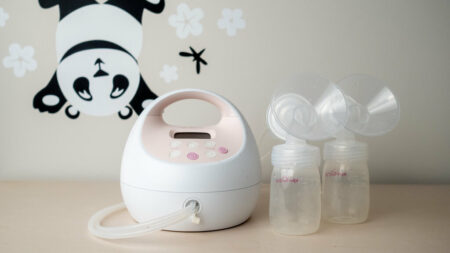
Many believe COVID-19 mainly affects the lungs, however, it can also invade the gut. This is why scientists are working to find out why antibodies there are significant, admitted researchers.
Dr. Vivian Valcarce Luaces, the study’s other first author and a postdoctoral fellowship trainee in neonatology, stated the COVID-19 “antibodies ingested through breast milk [could] provide a protective coating in the [babies’] mouths and gastrointestinal tract.”
Vaccinations While Pregnant and Breastfeeding Can Help Protect Infants
Researchers also measured and tested the COVID-19 antibodies in the mother’s blood plasma and breast milk shortly after becoming vaccinated. They still found the antibodies six months later.
Additionally, scientists discovered the COVID antibodies in the milk and plasma of vaccinated individuals were better able to neutralize SARS-CoV-2. However, they noted the antibody levels decreased at the six-month mark.
The first two studies give scientists a better picture of how vaccinating while pregnant or breastfeeding may be protective for both the child and the parent. Dr. Josef Neu, one of the study’s co-authors and a professor in the UF College of Medicine department of pediatrics, division of neonatology, said, “In our research, we’re following the journey of the antibodies, from the time they are produced in [the] mom after vaccination and now through the baby’s digestive system. The next question is whether those babies are less likely to get COVID-19.”
In the study, Researchers examined 37 mothers and 25 infants. This is a relatively small number of participants, however, it adds to the growing body of research on COVID-19 vaccinations during pregnancy and breastfeeding.
By Sheena Robertson
News Medical Life Science: Breast milk of people vaccinated against COVID-19 provides protection to infants, study reveals
Northwest Signal: Vaccinated Moms’ Breast Milk Could Protect Baby From COVID
The Kansas City Star: Babies not vaccinated against COVID could have antibodies – from breast milk, study says
Top and Featured Image Courtesy of Niccolò Caranti‘s Flickr Page – Creative Commons License
Inset Image Courtesy of ajay_suresh‘s Flickr Page – Creative Commons License

